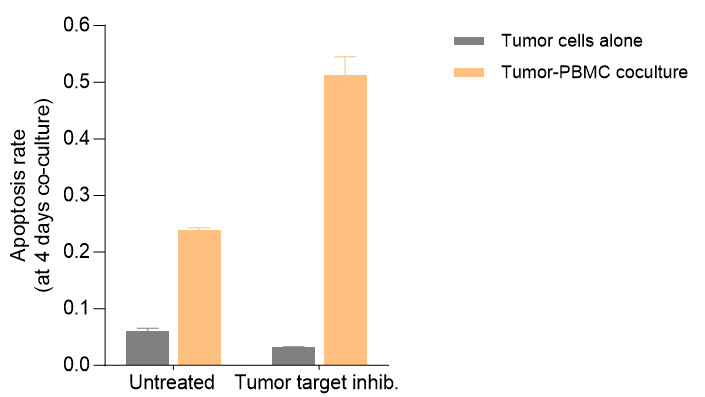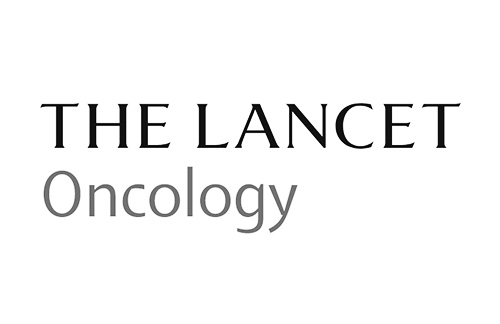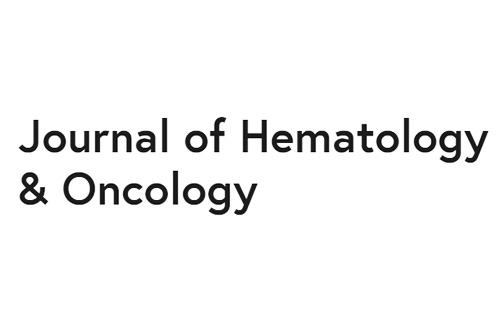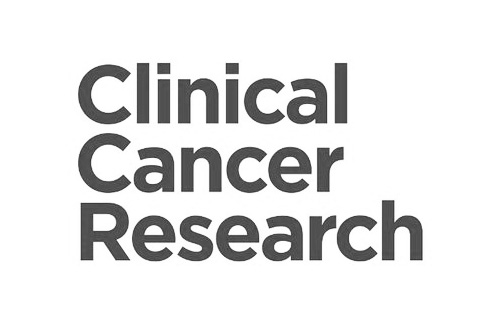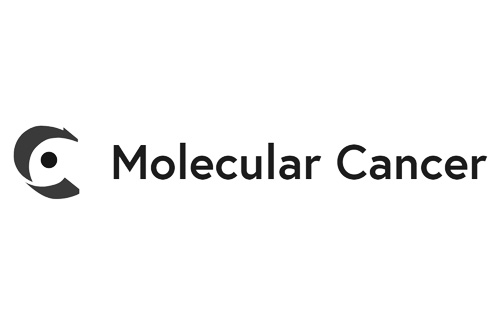The underlying question: Does your compound enhance the susceptibility of tumor cells to immune-mediated killing, whether it is expected to directly affect tumor cells or increase their recognition thereby stimulating immune cells?
- Format: 96- or 384-well plates
- Model: human tumor cells co-cultured with activated primary immune cells (PBMCs or purified T cells)
- Readouts: Tumor cell apoptosis count by live-cell imaging, and immune cell response via the capture of IFNg release
- Standards:anti-PD-L1 antibodies (Atezolizu-/Avelu- mab), anti-PD1 antibodies (Nivolu-/Pembrolizu- mab), or any appropriate control (on request)
- On request: flow cytometry immunophenotyping, assessment of cytokine release, proteomics, transcriptomics
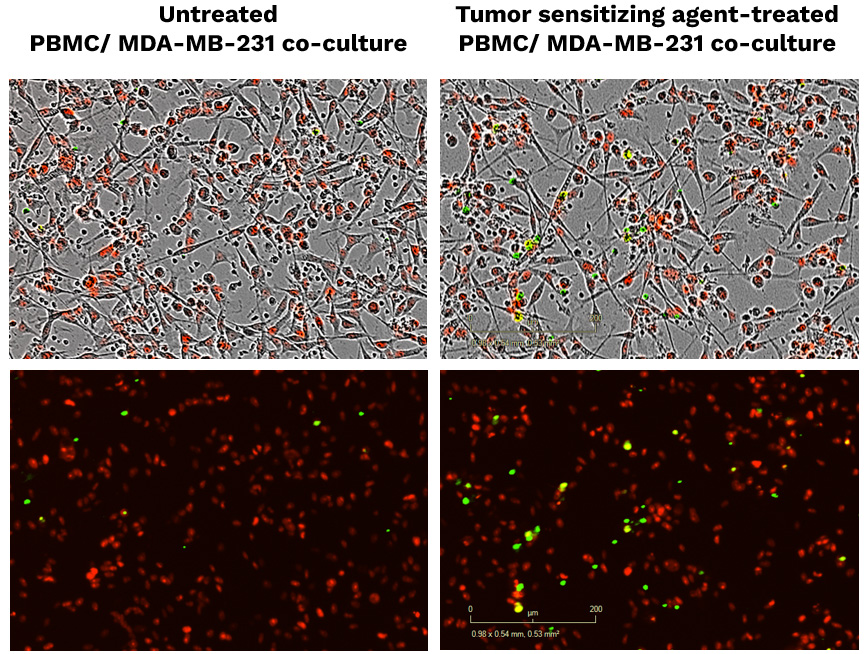
Inhibition of a specific tumor target sensitizes breast MDA-MB-231 tumor cells to immune cell-mediated killing.
Breast cancer MDA-MB-231 cells were seeded, then treated or not with a tumor target inhibitor. They were then co-cultured with activated PBMCs. Tumor cell proliferation (count) & apoptosis were monitored and analyzed as surrogate measures of immune cell-mediated tumor cell death. Image fields are representative of tumor proliferation / apoptosis at 72h post-coculture.
Assay principle
- Treatment of target tumor cells with sensitizing agents before or at co-culture with immune cells
- Parallel capture of tumor & immune components:
- Real-time monitoring of tumor cell count (nuclear fluorescent probe) and tumor cell death (caspase 3/7 fluorescent reagent)
- Quantification of IFNg release – surrogate of immune cell activation
- Automated image segmentation & analysis
- Additional readouts: immunophenotyping, cytokine release, gene expression, proteomics
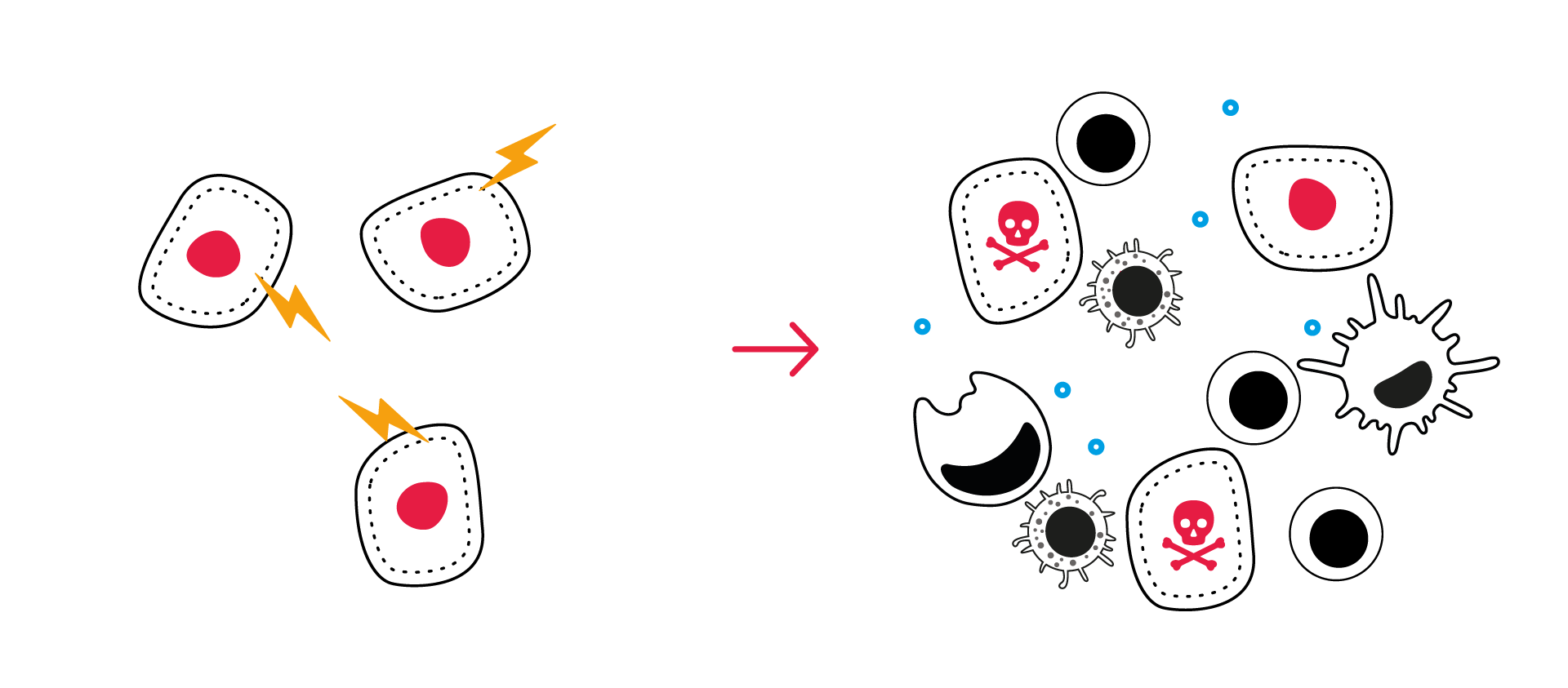
Inhibition of a specific tumor target sensitizes lung A549 tumor cells to immune cell-mediated killing
Lung cancer A549 cells were seeded, then treated or not with a tumor target inhibitor. They were then left alone or co-cultured with activated PBMCs. Tumor cell apoptosis was monitored and analyzed as a surrogate measure of immune cell killing activity towards tumor cells.
Why working with Explicyte?
Experts
in Immuno-Oncology
- 100+ in vitro campaigns conducted over the past 10 years
- 30+ peer-reviewed publications in key immuno-oncology journals
- A comprehensive technology platform to decipher mechanisms of action (activation markers, signaling pathways…)
Personalized
approach
- Targeted discussion based on your request to design bespoke strategy & fit-for-purpose study proposal
- A dedicated study director (PhD level) from experimental plan to final report discussion
- Custom cellular models: over 100 human cancer cell lines available, to be cultured with target primary immune cells
Tell us about your project !

Talk to our team !
Paul Marteau, PharmD (preclinical study director), Imane Nafia, PhD (CSO), Loïc Cerf, MSc (COO), Alban Bessede, PhD (founder, CEO), Jean-Philippe Guégan, PhD (CTO)

